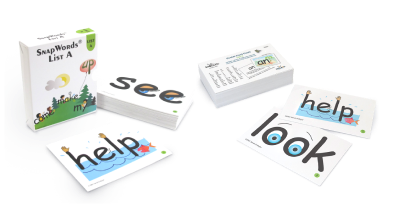
So, They’re Telling You Your Kindergartner is Failing
You got the word that your little Josie is falling behind in kindergarten.
Maybe it is the first you’ve heard of this, maybe you have been hearing about ways you can support her at home, or maybe you just got out of the student study meeting where everyone discussed your daughter.
You feel sick and discouraged.
I mean your baby is a brand new person going to school for the first time and honestly she’s only been there a few short weeks and already they are telling you she isn’t cutting it? Really? They want to test her to see what is wrong. A few possible diagnoses were tossed around the table… possible ADHD, maybe dyslexia, most likely a reading disability, and if it turns out to be ADHD it is likely medication will help her focus better and then be able to learn the required material.
You live with Josie and when you look at her, what you see is a bright, funny, sometimes willful, dreamy, inventive, and forgetful child who likes to pretend play and listen to stories. It doesn’t look like anything is wrong with her!
But after the student study meeting at school, you see her with new eyes and you can plainly see that Josie hasn’t learned her letters yet, she can’t remember the sounds they make, or maybe she remembers on Monday but by Tuesday she acts like she’s never seen them before.
Her handwriting is pretty awful too! I mean it doesn't look anything at all like the examples on her homework practice sheets. Not to mention the fact that when you give her the directions, she doesn't seem to understand what you are saying.
Mostly what scares you is that a lot just doesn't seem to stick to Josie’s brain. Maybe she can’t learn!
Let’s take a deep breath and a step back.
Let’s look at this situation from another vantage point. Could it be that there is a dissonance between Josie’s perfectly normal development and what is being required in Kindergarten? Could it be that simple and that amazingly hopeful?
I think it is!
Developmentally, this is where kindergartners are:
They learn through their whole body and through experience; not through listening. They learn by mimicking adults as they go about their lives. Their primary focus is learning about how to be people in this world and they do this by playacting and pretending. When they playact and pretend, they really are doing practice runs at being adults. They are learning how to get along in a crowd, how to give and take, how to negotiate, take turns, and all the other group skills. Kindergartners are also in full story mode. Stories are their language. They make up stories, like hearing stories, and in this way they understand life and their world. Pictures resonate with them.
So really, the business of kindergarten is playing – role playing being real people in this world – and growing into a sense of value and self-worth as a competent member of the group. This is what young children are supposed to be doing.
And kindergarten classrooms used to be aligned with where 5 year olds are developmentally. There were costumes so they could dress up, there were little kitchens for them to cook meals in, buggies to shop with, blocks to build structures with, and so much more.
What has changed isn’t the child!
What has changed is the requirements placed on these kindergarten babies. They are expected to learn by listening, they are expected to follow verbal directions, deal with abstract symbols (letters and numbers), they are asked to memorize facts and use these facts in meaningful ways. And now kindergartners are tested strenuously and when they don’t pass those tests, they are judged as incapable and actually given a name for what is wrong with them.
The sad part in all this is that at a time of life in which these children are supposed to be gaining a sense of competency and self-worth, they are being measured and found wanting. For their inability to memorize and use meaningfully abstract concepts, for their inability to sit still and listen, for their inability to learn via pencil and paper they are falling short. And this deep lesson will follow them through their lives.
The wonderful news is that Josie is not really failing! Josie is just being asked to do things her developing brain is not supposed to be working on yet. So hang tight, Momma. Take a deep breath, Daddy. Rest in the knowledge that there is something you can do to make sure Josie comes out intact.
